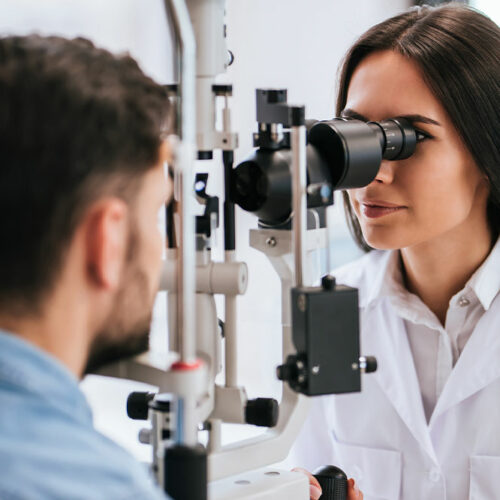14 Human Foods That Cats Can Safely Enjoy

Caring for your cat is not only about grooming them or spending time with them. It also involves providing them with proper nutrition for better health. You will be glad to hear that your pet cat can safely enjoy selected foods from your plate. But remember that cats are carnivorous animals, so 50% of their meals should be animal protein. Here is a list of human foods that are safe and suitable for cats. Apples Apples have fiber, vitamins, and even water to keep cats hydrated. While you can safely feed them apples in moderate quantities, ensure to remove the skin, stem, and seeds, as they contain tiny amounts of cyanide, which is toxic to cats. Meat Cats are carnivores, so you can feed them any type of meat, such as beef, turkey, and chicken. Meat is a good source of protein, necessary for a healthy heart, eyesight, and reproductive system. Ensure the meat is thoroughly cooked without sauces or seasonings. The skin and bones should also be removed before feeding. The best methods to cook meat for feline consumption are boiling, grilling, or baking. Fish Most cats love fish because they taste and smell good, but every pet’s preference can differ.






